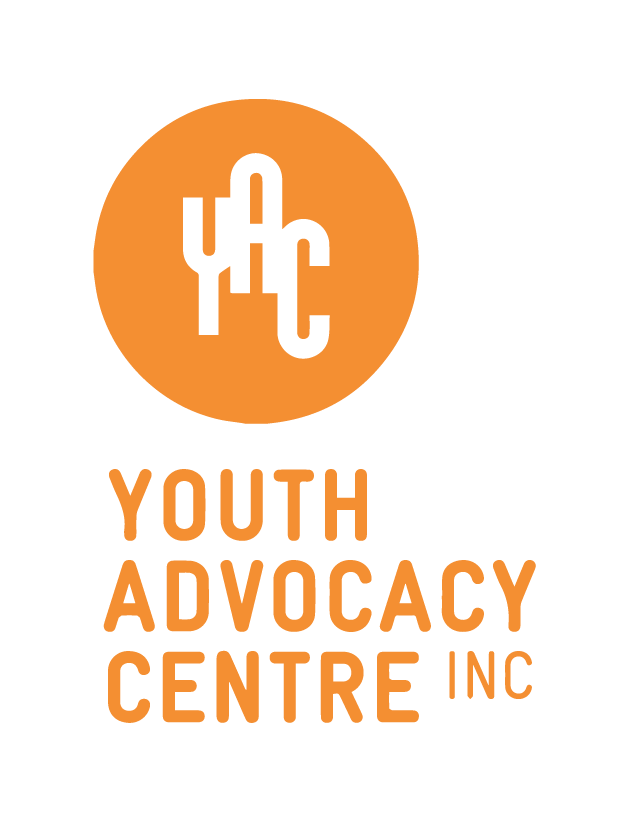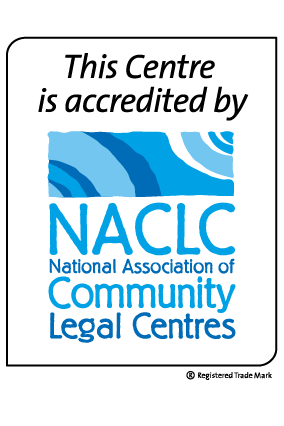Domestic Violence
What is Domestic or Family Violence?
Domestic or family violence is about people in certain relationships treating one another badly. There are laws to protect people who are victims of domestic and family violence. The legal meaning of domestic violence is very broad and includes a person:
- hurting someone with whom they have a relationship – physically, emotionally or psychologically– such as by hitting them, grabbing hold of them, criticising them or making them feel useless or worthless
- controlling them– such as preventing them seeing other friends and family; stopping them getting a job; not letting them access money or things they own; following or repeatedly texting them (like stalking someone); continually monitoring where they are going or who they are with
- threatening themor someone or something they care about (like a pet) – even threatening to harm or kill themselves or threaten to tell others about their sexual orientation if the other person doesn’t do what they want.
What relationships are covered?
The laws apply to people who are:
- married, have been married, are engaged to be married or are/have been a couple (including same sex couples)
- family members – either directly or by marriage
- helping to care for other people who need help with things like meals, shopping, getting dressed (this doesn’t include parents and their children under 18).
How do Domestic and Family Violence laws apply to young people?
Young people within the family
Young people under 18 cannot get Domestic Violence Orders against their family members and family members cannot get Domestic Violence Orders against children who are under 18. If you feel unsafe in your family you can contact one of the agencies under the ‘Who Can Help’ section (below on this factsheet), the Department of Child Safety on 13 74 68 or the police. Child Safety or the police may decide that it is not safe for you to live at home and may apply to the court for you to be taken into care for a while.
However, if a young person does something to a family member which is against the law, such as physically hurting or threatening their parent or damaging their property then the parent can call the police and have their child charged with breaking the law.
Young people as partners
The law covers couples where either partner is under 18 BUT you cannot be a couple if either partner is under 16 because of the laws making it an offence to have sex with a person under 16. In deciding if you are a couple the police and court will want to know:
- how dependent the young people are on each other
- how committed they are (do they live together, do they share their money and possessions)
- how long they have been together
- how often they are with each other
- is it a sexual relationship and is it limited to that one person
If you are experiencing domestic violence in your relationship and you were under 16 when the relationship started you should talk to a lawyer about what would be best for you to do in your circumstances because there are legal issues for young people in relationships under 16: See the “Who Can Help” list below.
What action can the police take when someone under 18 is in a relationship and there is domestic violence?
Police can:
- take the person who is committing domestic violence to a police station and hold them for 4 hours (or 8 hours if they are drunk/under the influence of drugs)
- give the person a Police Protection Notice – to stop the person committing domestic violence once the police leave, eg they can ban the person from the house for up to 24 hours
- go to court and ask for a long-term Protection Order.
Police can decide to do these things even if the victim doesn’t want anything to happen provided the police think that there has been domestic violence and either —
- someone is in danger of being injured by another person; or
- there is likely to be damage to property.
The police should take a young person under 18 into custody for domestic violence only when they have no alternatives and for as short a time as possible. They must tell a parent and if the young person is on an Order under Child Safety Services the police must let Child Safety know. Young people must be held separately from any adults being held in custody at the same place.
If a young person is banned from their home for 24 hours, the police officer must —
- arrange temporary accommodation for the young person; and
- transport, or arrange for the transport of, the young person to the accommodation.
If the ‘domestic violence’ is also a criminal offence eg stalking, wilful damage or assault, then the Police can arrest and charge the person with that offence as well as taking action under the Domestic Violence laws. (If the young person is 18 or older they will be treated as an adult in relation to the offences). For example, if one parent hits another parent, then the police can charge the violent parent and issue a police protection order banning them from the home for 24 hours.
What can the courts do?
A Magistrate can make a Domestic Violence Order against a person if he/she decides that an Order is necessary to protect a person from domestic violence. For someone under 18 this is only where young people are in or have been in a “couple” or “informal care” relationship.
The Court can make Orders to keep the person away and stop them committing domestic violence (including making them leave the house and live somewhere else). This will usually be for five years.
If an Order is made to protect one of your parents against the other and you are under 18 and living at home, the Order can name you as someone protected by the Order even though you did not ask to be protected and do not want to be named. This could mean you cannot have contact with the parent who has the Order against them.
What conditions can be put on Domestic Violence Orders?
The court or police can make conditions that the person on the Order has to follow, like:
- not to contact a particular person or people (including their children)
- to stay away from certain places (eg school, home or work)
- not to commit domestic violence
- or any other conditions that the courts believe are necessary to protect the victim.
What happens if someone breaches a Domestic Violence Order or Police Protection Notice?
Although a Domestic Violence Order is not actually a criminal matter, it is a criminal offence to breach the Police Notice or Court Order and the person can be charged and be punished by the court including being imprisoned.
Browse other legal topics
This sheet is intended to provide general legal information about the law in Queensland. This information is not legal advice. If you have a particular legal problem you should contact a solicitor for legal advice. Below is a list of agencies that might be able to assist you, including legal agencies.
This sheet was last reviewed and updated in October 2023. The Youth Advocacy Centre does not accept responsibility for any action or outcome because of anyone relying on the information provided.
Who can help?
Who can help?
Youth Advocacy Centre (YAC) www.yac.net.au ……………………… 3356 1002
Hub Community Legal www.communitylegal.org.au…………… 3372 7677
YFS Legal www.yfs.org.au………………………………………………………. 3826 1500
Legal Aid Queensland www.legalaid.qld.gov.au………………. 1300 651 188
Aboriginal & Torres Strait Islander Legal Service www.atsils.org.au………… 3025 3888 or (free call) 1800 012 255 (24hrs 7 days a week)
Translating & Interpreting Services (24hrs)…………………………… 131 450
Youth Legal Advice Hotline ……………………………………………… 1800 527 527
Community Legal Centres (CLCs) see www.naclc.org.au for your nearest CLC
Follow Us
Follow us on social media for information on laws, youth rights, and news.
Contact YAC
Street address: Level 4, 16 Peel Street, South Brisbane Q 4101
Mailing address: Level 4, 16 Peel Street, South Brisbane Q 4101
Tel: (07) 3356 1002
Bussiness hours: 9am - 5pm, Mon - Fri

If you need urgent assistance outside of these hours:
- Youth Legal Advice Hotline 1800 527 527 (Mon to Thurs 8am - 9pm, Friday 8am to Sunday 5pm)
- Kids Helpline 1800 551 800 (24/7, 365 days per year)
- Lifeline 13 11 14 (24/7, 365 days per year)
- Homelessness Hotline 1800 474 753 (24/7, 365 days per year)
- If you are over 18, and seeking access to Mental Health Services in Queensland, Acute Care Team on 1300 MHCALL (1300 64 2255).


